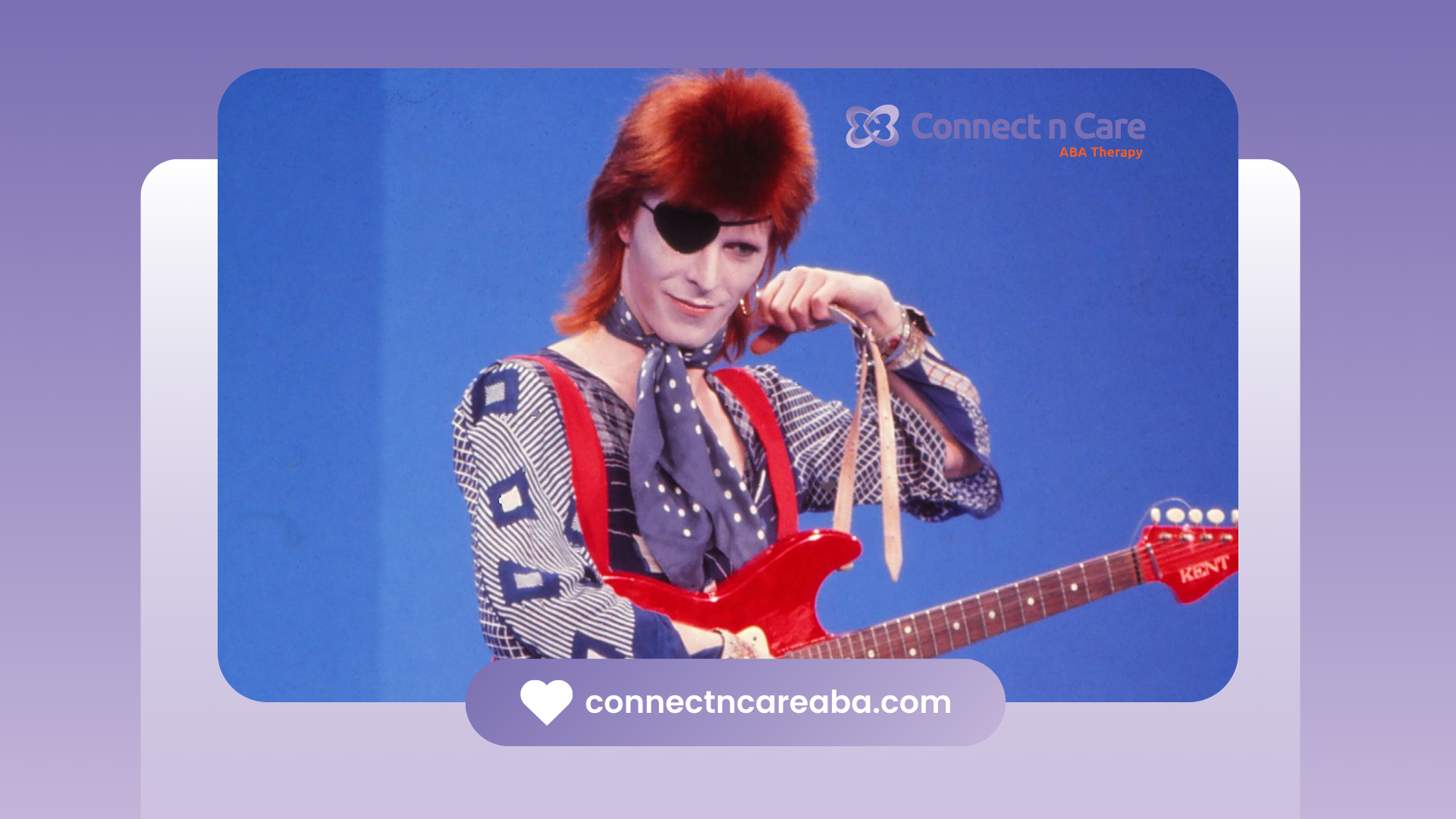Albert Einstein, one of history's most brilliant minds, has long fascinated people not only for his revolutionary contributions to science but also for his unique personality and behavior. Over the years, some researchers and autism advocates have speculated whether Einstein may have been on the autism spectrum. While there is no definitive diagnosis—particularly since the understanding of autism has evolved significantly since Einstein's time—there are certain traits associated with Einstein that align with modern conceptions of autism.
This blog will explore the evidence and theories surrounding the question: Was Albert Einstein autistic? We'll look at his behaviors, life experiences, and the characteristics that have led some experts to consider this possibility.
What is Autism?
Before diving into the specifics of Einstein’s life, it’s essential to understand what autism is. Autism, or Autism Spectrum Disorder (ASD), is a neurodevelopmental condition characterized by challenges with social interaction, communication, and behavior. It exists on a spectrum, meaning that the severity and combination of symptoms vary from person to person.
Some key characteristics of autism include:
- Difficulty with social communication
- Repetitive behaviors or obsessive interests
- Sensory sensitivities
- Struggles with adapting to change
- Strong attention to detail or specific areas of interest
While there is still much to learn about autism, the condition is generally identified in childhood. Historically, autism was not widely understood or recognized, especially during Einstein's era, which makes it impossible to say with certainty whether or not he would have been diagnosed as autistic.
Einstein’s Early Development: A Delayed Start?
One of the most cited reasons for suspecting that Einstein might have been autistic is his delayed speech development. Einstein reportedly did not speak fluently until around the age of four, which is later than the typical developmental timeline. Delayed speech is a common characteristic in many children on the autism spectrum, leading some to connect this aspect of Einstein’s early life with potential signs of autism.
In addition to his late speech development, Einstein was also known for being a quiet and introverted child. He preferred solitary activities such as building complex structures with playing cards and often spent long periods immersed in his thoughts. This tendency toward isolation and focus on specific interests is another trait associated with autism.
However, delayed speech and introversion on their own are not definitive indicators of autism, as many neurotypical children can also experience these developmental variations.
Social Interactions: Einstein’s Difficulty with Social Norms
Another factor contributing to the theory of Einstein being on the autism spectrum is his apparent difficulty with social interactions. Accounts of his life suggest that Einstein often struggled with conventional social norms, especially as a child and young adult. He was known to be socially awkward, blunt, and occasionally dismissive of others' feelings.
Einstein’s tendency to focus intensely on his own thoughts and ideas, sometimes to the exclusion of those around him, is a trait commonly seen in individuals with autism. For example, Einstein was known for becoming deeply absorbed in his scientific work, often losing track of time and neglecting social obligations. This intense focus on his passion for physics may be viewed through the lens of what is known today as "special interests"—a hallmark of autism where individuals display profound dedication to a particular topic or activity.
That being said, difficulty with social interactions can stem from many factors, and not all individuals who struggle socially are on the autism spectrum.
Repetitive Behaviors and Routine
Many autistic individuals engage in repetitive behaviors and are comforted by routine and structure. In Einstein's case, some reports suggest that he exhibited behaviors that could be interpreted as repetitive or rigid. For instance, it is said that Einstein often followed strict routines and could be upset by sudden changes in plans.
Additionally, Einstein's work habits involved a meticulous focus on details and repetitive problem-solving, which could also be seen as evidence of autistic traits. His capacity to spend long hours revisiting the same theories and equations demonstrates a kind of persistence and attention to detail that is often characteristic of those on the autism spectrum.
Sensory Sensitivities: A Link to Autism?
Sensory sensitivities are common in individuals with autism. These sensitivities can manifest as discomfort in certain environments, heightened awareness of sounds, or strong preferences regarding textures and sensations.
There are some anecdotal reports that Einstein may have had certain sensory sensitivities. For example, he was known to have a strong preference for certain types of clothing and was reportedly quite sensitive to touch and textures. Though these traits are not well-documented, they could be interpreted as sensory issues that align with autism. However, more evidence would be needed to definitively link Einstein’s sensory preferences to the autism spectrum.
Einstein’s Success and Autism: Does It Fit?
One of the central questions in the debate about whether Einstein was autistic revolves around his success. Some argue that if Einstein had been on the autism spectrum, it would have affected his ability to function socially and professionally. However, this argument does not hold up to scrutiny. Many individuals on the autism spectrum have highly successful careers, particularly in fields like science, mathematics, and technology, where attention to detail and strong analytical thinking are highly valued.
Einstein’s success in these fields could actually be seen as further evidence of autism. Many autistic individuals have remarkable skills in particular areas, especially in pattern recognition, problem-solving, and systems thinking. Einstein's genius for theoretical physics, combined with his ability to think abstractly and approach problems from unconventional angles, could be viewed as strengths that align with certain traits seen in autism.
Additionally, Einstein’s preference for working alone and his ability to hyper-focus on complex problems are traits that can also be associated with autism.
The Case Against Autism: Alternative Explanations for Einstein’s Behavior
While there are several compelling arguments for why Einstein may have been autistic, it’s important to acknowledge that many of his behaviors can be explained by other factors. For example, his delayed speech development could have been caused by something unrelated to autism, such as mild developmental delay, language processing issues, or simply an individual variation in the pace of his development.
Additionally, many of the traits associated with Einstein’s personality—his introversion, social awkwardness, and solitary work habits—are not exclusive to autism. Some researchers suggest that Einstein’s behaviors could have been influenced by other neurodivergent conditions, such as ADHD or even traits of giftedness, which can present similarly to autism.
It’s also worth considering that the cultural and societal norms of Einstein’s time were vastly different from today. What might be seen as socially awkward or unconventional now may have been perceived differently in Einstein’s era, and the understanding of neurological differences was far less advanced.
The Limitations of Retrospective Diagnosis
The question of whether Albert Einstein was autistic ultimately comes down to speculation. Since autism as a diagnosis did not exist during Einstein’s lifetime, and there is no way to perform a thorough evaluation based on modern criteria, any conclusions drawn about his neurological status are inherently limited.
Retrospective diagnoses—attempting to apply modern medical knowledge to historical figures—are tricky because they rely on incomplete information and subjective interpretation of behaviors. While it is possible that Einstein exhibited some traits associated with autism, it’s equally possible that these traits can be explained by other factors.
Conclusion: What We Can Learn from the Debate
Whether or not Albert Einstein was autistic may never be definitively answered. However, the debate sheds light on how society understands autism and neurodiversity in general. Einstein’s story serves as a reminder that individuals with different neurological profiles can make significant contributions to the world. His brilliance, creativity, and determination in the face of personal challenges demonstrate the incredible potential of the human mind, regardless of how it may function differently.
At Connect n Care, we recognize the importance of celebrating neurodiversity and supporting individuals with autism in reaching their full potential. Our ABA therapy services are designed to help individuals with autism develop skills, build independence, and achieve their goals in a supportive environment.









